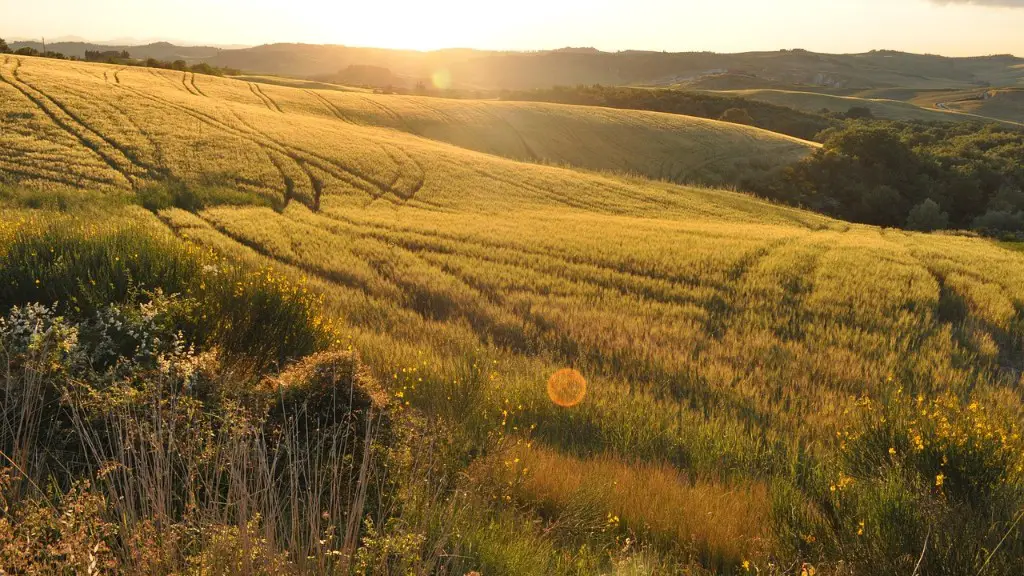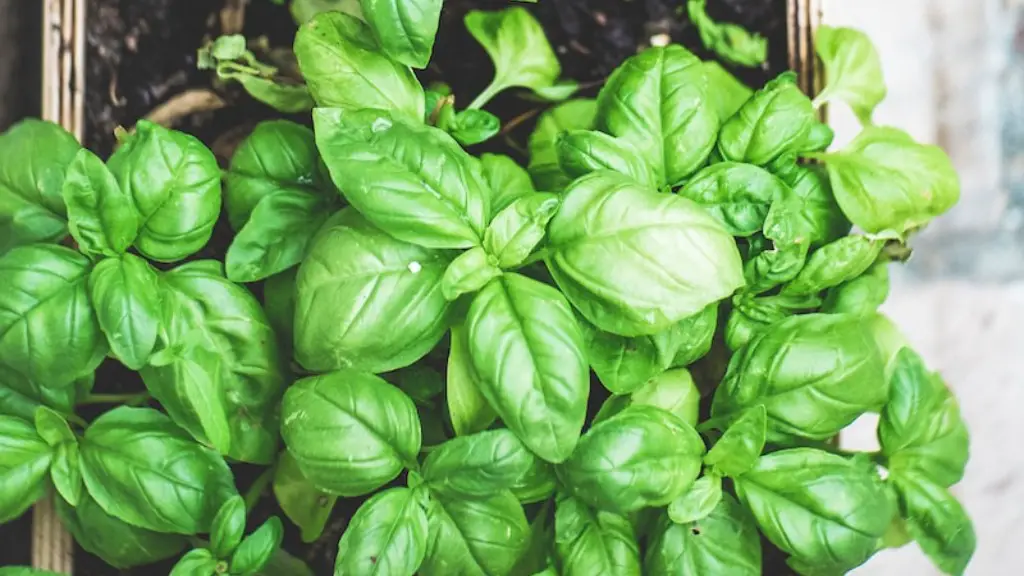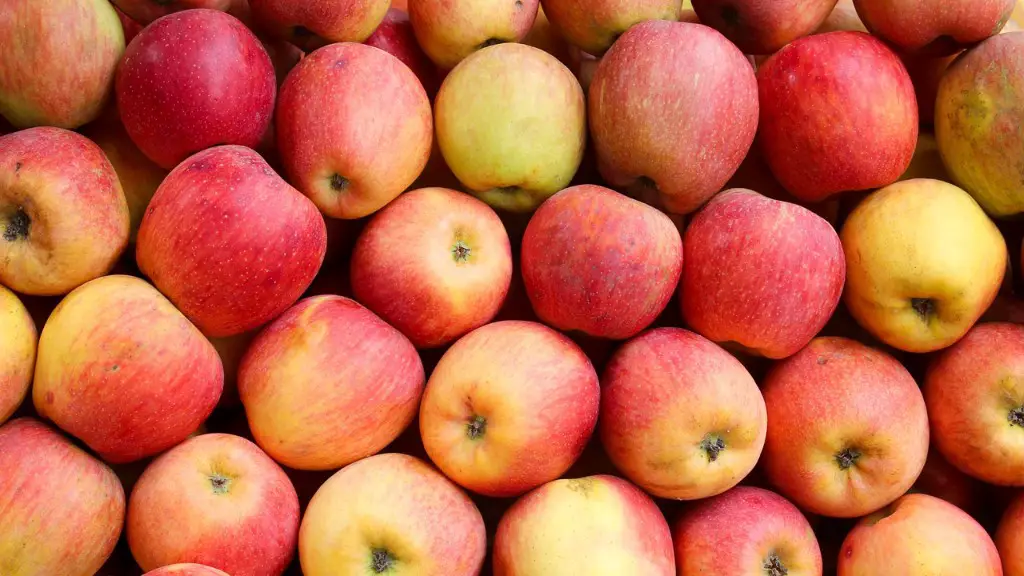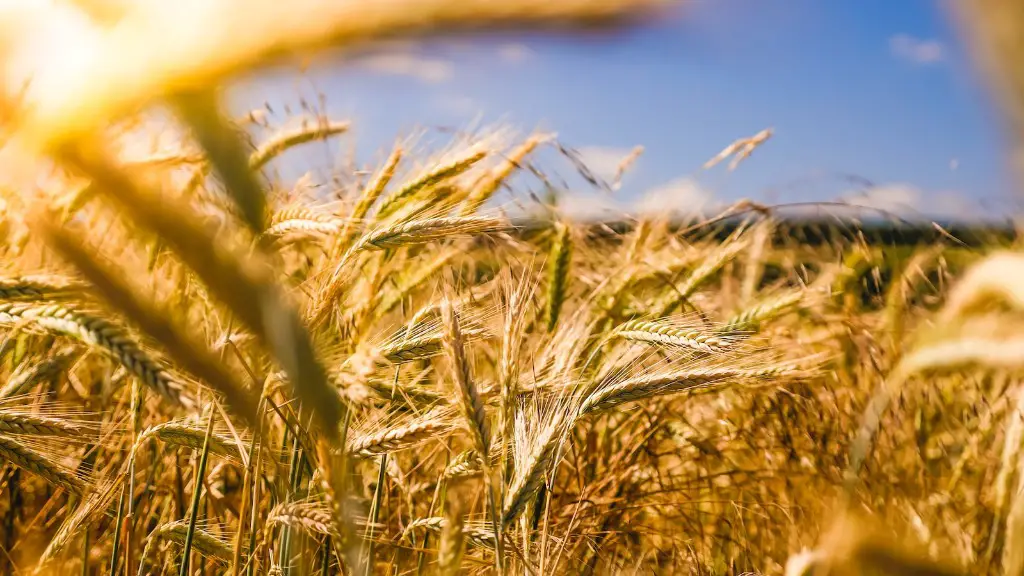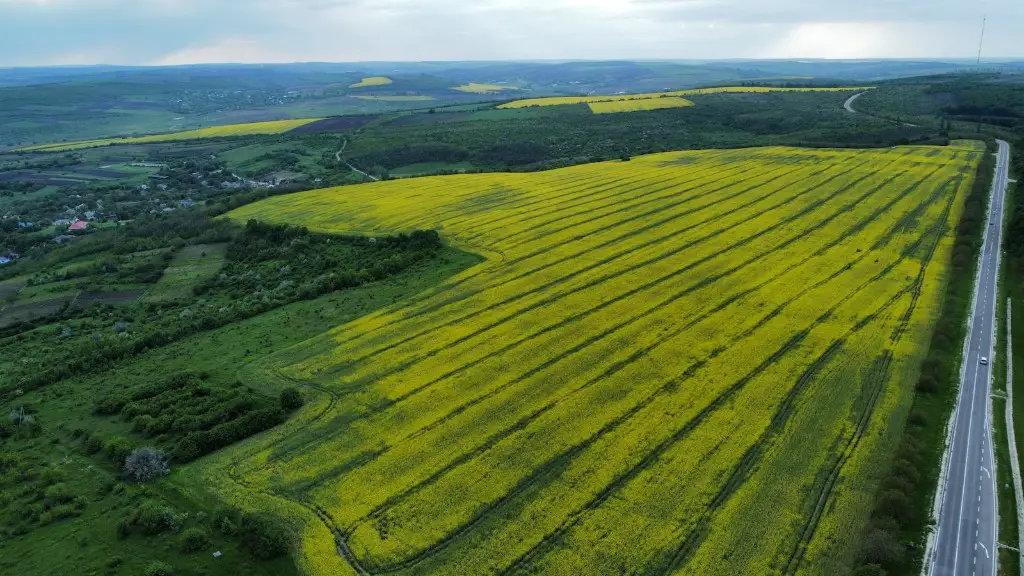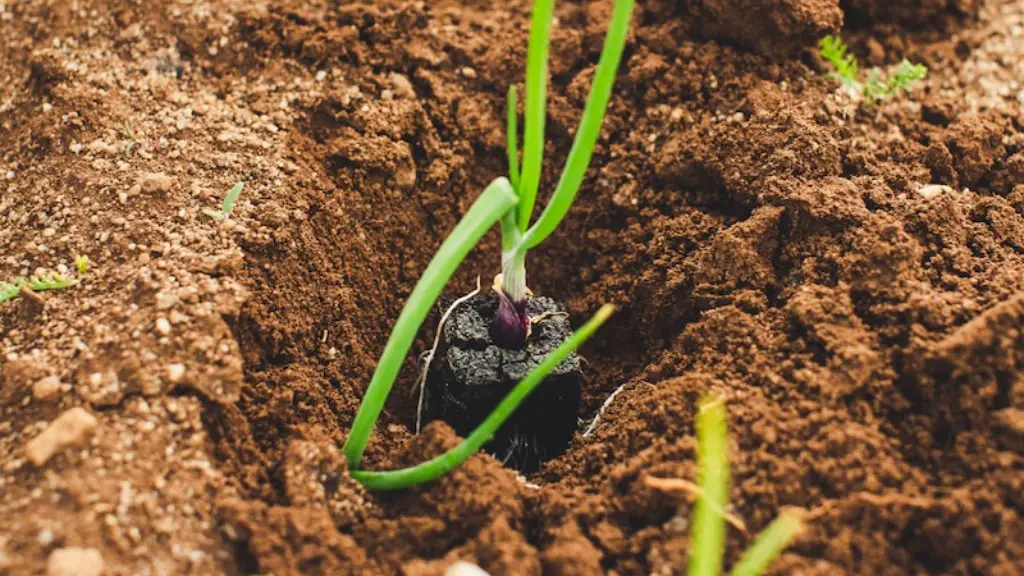Demeter is the Greek goddess of agriculture. She is also the goddess of harvest, fertility, and grain. She is the daughter of Cronus and Rhea, and the sister of Zeus, Hades, Poseidon, and Hera.
The Roman goddess of agriculture is Ceres.
Who is the goddess of agriculture?
Demeter is the goddess of agriculture and fertility. She is responsible for the bounty of the land and the fertility of the crops. She is also a mother figure, and her name indicates that she is a mother. Demeter is a kind and loving goddess, but she can also be stern and vengeful.
Saturn was the Roman god of sowing or seed. He was equated with the Greek agricultural deity Cronus. Saturn was believed to have reigned over the world during a Golden Age when all people were free from hunger, disease, and war. After his reign, he was overthrown by Jupiter and banished to the underworld.
Who is Ceres married to
Ceres was an important goddess in Rome, and was married to her brother Jupiter. Their daughter was called Proserpina. Ceres was the daughter of Saturn and Ops, and was one of Rome’s most important goddesses.
Ceres was the Roman goddess of agriculture, grain, and fertility. She was the counterpart of the Greek goddess Demeter. Her mythology was reinterpreted for Ceres in Roman art and literature.
Who is the Egyptian goddess of agriculture?
Renenutet was a goddess of nourishment and the harvest in the ancient Egyptian religion. The importance of the harvest caused people to make many offerings to Renenutet during harvest time. Initially, her cult was centered in Terenuthis.
Demeter was the Ancient Greek goddess of the harvest. She was a very important goddess to Ancient Greek people, who farmed a lot of their food. Demeter had a kind and beautiful daughter, called Persephone, who she loved very much. Persephone, like her mum, loved nature.
Who is the Roman goddess of food?
Ceres was the Roman goddess of the growth of food plants, and was worshiped either alone or in association with the earth goddess Tellus. At an early date, her cult was overlaid by that of Demeter, who was widely worshiped in Sicily and Magna Graecia.
The Greek goddess of harvest is Demeter. She is also the goddess of agriculture and the cycle of life and death. Demeter is credited with creating the seasons, which was a result of her daughter, Persephone, being stolen by Hades.
Who are the Roman gods of plants
The Roman goddess Flora was responsible for the flowering of plants.King Titus Tatius is said to have introduced her cult to Rome and her temple was located near the Circus Maximus. The Floralia was a festival established in 238 BC in honor of Flora. It was a time of great merriment, with singing, dancing, and feasting.
Juno was the Roman goddess of marriage and childbirth, and was considered the patroness of women. Her name may have been the source for the name of the month of June—still a popular month for marriages today. Juno was also the goddess of childbirth, and in that role she was called Juno Lucina, which means Juno Who Brings to Light. Juno was a popular goddess, and received special devotion from Roman women.
What was Vesta the goddess of?
The goddess Vesta was the goddess of the sacred fire of the hearth in every house, and for the city in general. Vesta was also the goddess of every sacrificial fire. Hence, she was worshipped with Janus at every religious service. Janus was invoked at the opening, and Vesta was invoked at the close. Her own festival, the Vestalia, was kept on July 9th.
Venus was the Roman goddess of love, beauty, and fertility. She was originally a fertility goddess, but later became associated with love and beauty as well. Her Greek counterpart was Aphrodite. Venus was intimately associated with love and beauty, but other elements were distinctive to the Roman goddess. For example, Venus came to symbolize Rome’s imperial power. Worship of Venus continued throughout the Roman period.
Who is the goddess of Moon Roman
Luna was the ancient Roman moon goddess and was seen as the divine embodiment of the moon. She was also seen as the female counterpart of the sun, Sol. Luna was the goddess of the moon, hunting, and children. She was also the guardian of women.
In ancient Roman religion, Fornax was the divine personification of the oven (fornāx), the patroness of bakers, and a goddess of baking. She was also associated with fire, hearth, and home.
Who is the Roman goddess of plenty?
Ops was a fertility deity and earth goddess of Sabine origin. Her equivalent in Greek mythology was Rhea. Ops was the wife of Saturn and the mother of Jupiter, Juno, Pluto, and Vulcan. She was also the goddess of plenty and abundance.
Mbaba Mwana Waresa is the Zulu fertility goddess who oversees rainbows, agriculture, harvests, rain, and beer. She is a powerful goddess who has control over water and earth. If you are looking to improve your fertility, or if you are hoping for a good harvest or rain, Mbaba Mwana Waresa is the goddess to petition.
Who is the Norse goddess of agriculture
Gefjun is an ancient Norse goddess of agriculture, fertility, abundance, and prosperity. Her name is derived from the Old Norse verb gefa, “to give,” and her name can be translated as “Giver” or “Generous One.”
Aphrodite of the Gardens is an epithet of the Greek goddess Aphrodite which means “Aphrodite of the Gardens”. She is the patroness of vegetation and garden fertility.
Final Words
The Roman goddess of agriculture is Ceres. She is the goddess of grain crops and fertility, and is responsible for the health and growth of plants.
If you ask any Roman farmer who the goddess of agriculture is, they will tell you it is Ceres. She was the one who taught them how to farm and grow crops. They offer her gifts of thanks for a good harvest, and pray to her when they need help.
